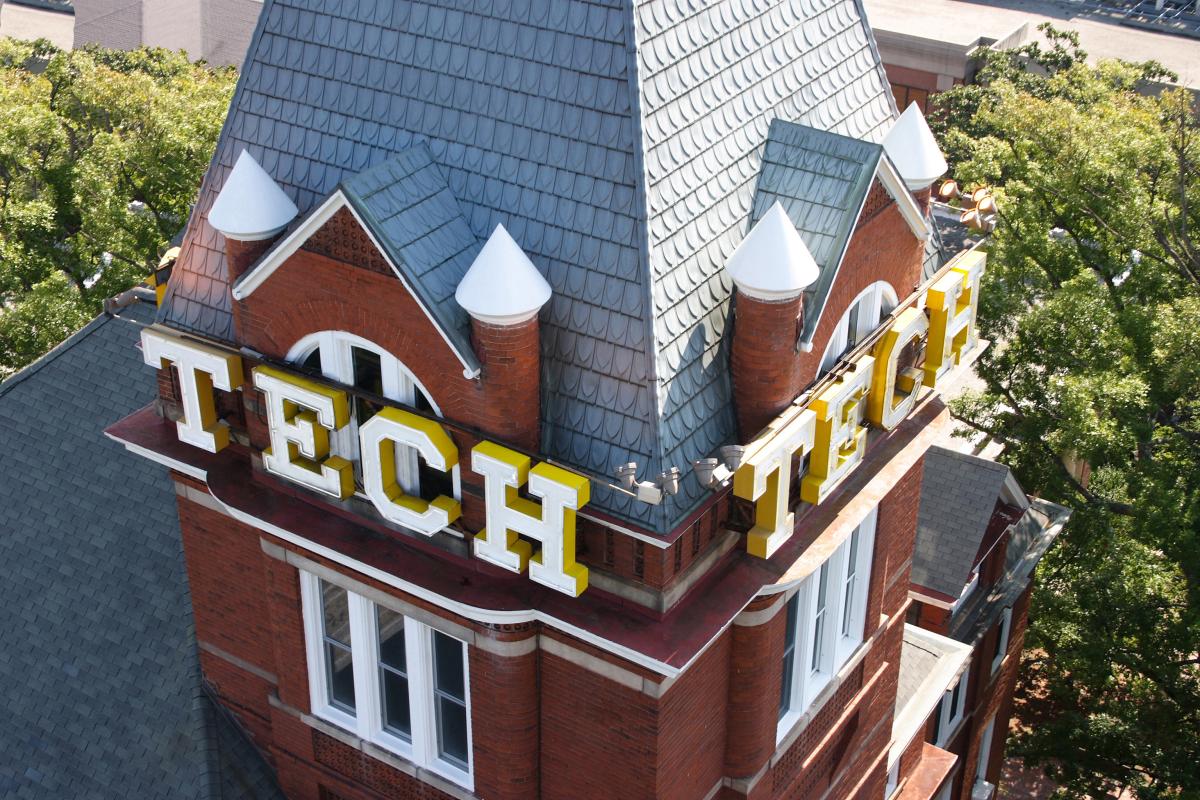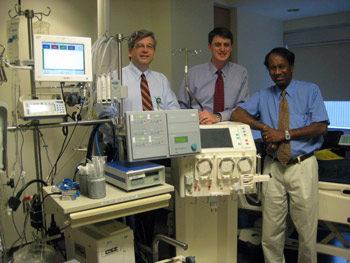
When children need kidney dialysis because of disease or congenital defects, doctors are forced to adapt adult-size dialysis equipment. No FDA-approved kidney replacement devices exist that are specifically designed for children. Physicians and researchers from the College of Engineering at Georgia Tech, Children’s Healthcare of Atlanta, and Emory University have teamed up to develop a kidney replacement device for treating children. The team has been awarded a Challenge grant of $1 million from the National Institutes of Health to refine a prototype device.
The Need
In the U.S., it is estimated that at least 5,000 children per year require some form of renal replacement therapy. Adult dialysis equipment can have a tendency to withdraw too much fluid from a pediatric patient, leading to dehydration and loss of blood pressure. Other possible problems resulting from inaccurate dialysis equipment include clotting or internal bleeding. Existing dialysis equipment for adults takes up space comparable to a refrigerator, while the team’s goal is to create a pediatric device the size of a shoebox.
The Team
The team includes: Ajit Yoganathan, PhD, director of the Cardiovascular Fluid Mechanics Laboratory and Regents’ professor in the Wallace H. Coulter department of Biomedical Engineering at Georgia Tech and Emory; Lakshmi Prasad Dasi, PhD, former research engineer at Georgia Tech, now assistant professor of mechanical engineering at Colorado State University; James Fortenberry, MD, medical director of the critical care division at Children’s Healthcare of Atlanta at Egleston, and clinical associate professor of pediatrics (critical care) at Emory School of Medicine; and Matthew Paden, assistant professor of pediatrics (critical care) at Emory University School of Medicine and a physician at Children’s Healthcare.
The Process
The team’s plan is to test their prototype in the laboratory and prepare for experiments in animals over the next two years, with the goal of being ready for clinical trials in five years. “This is a project where we are taking technology from the laboratory bench to the basinet,” Yoganathan says. “We have to build a machine capable of reliably performing these tasks without damaging blood cells in the process.” The team’s prototype device is also designed to work in tandem with equipment that replaces the function of the heart and lungs for severely ill patients.
The Commitment
“Georgia Tech has made a strong commitment to work with Children's Healthcare of Atlanta to enhance the health of children and to develop novel methods of treating childhood diseases,” said Georgia Tech College of Engineering Dean Don Giddens. “The award of this CRRT research grant is a tribute to the efforts of one of our translational research teams from the Coulter Department of Biomedical Engineering, led by Professor Ajit Yoganathan, and his colleagues at Children's, and it illustrates the potential of engineering to improve the lives of children.”
Initial Funding
The initial funding for the project came from a seed grant program administered by the Health Systems Institute at Georgia Tech who is partnering with a number of institutions including Children’s Healthcare of Atlanta. Now in its fourth year of funding, this partnership provides seed grant funding to support collaborative and interdisciplinary research projects that will help stimulate innovative healthcare research and promote improvements in healthcare.
